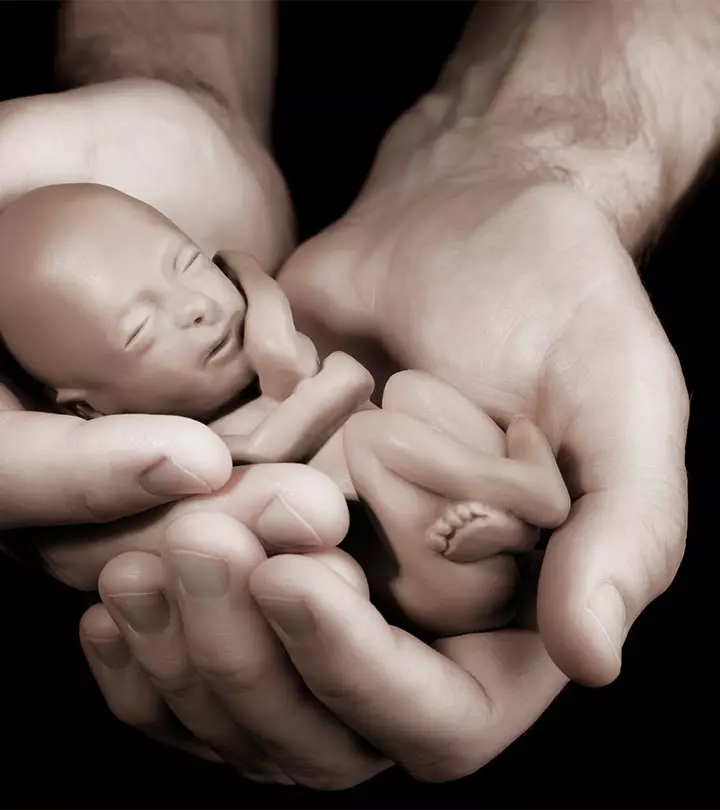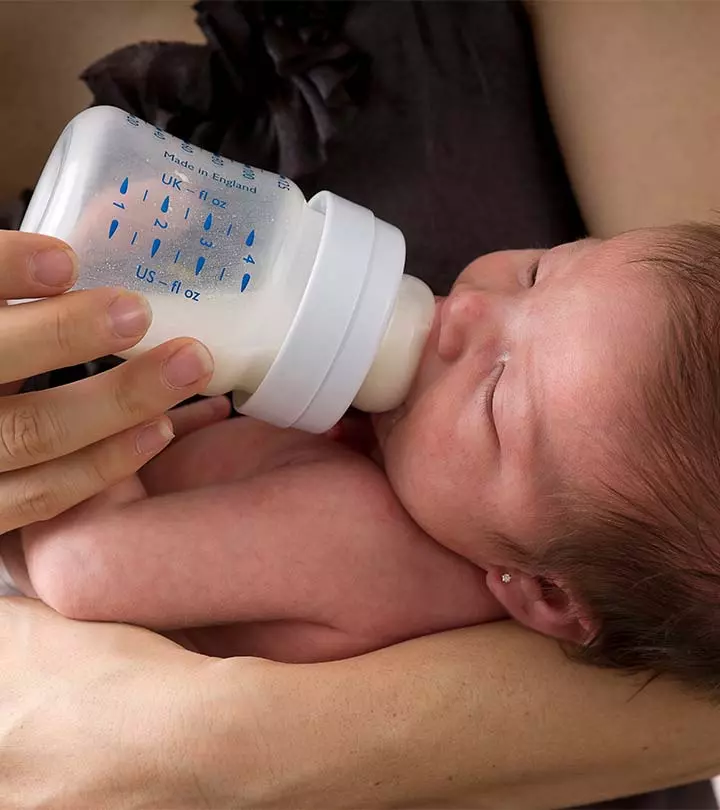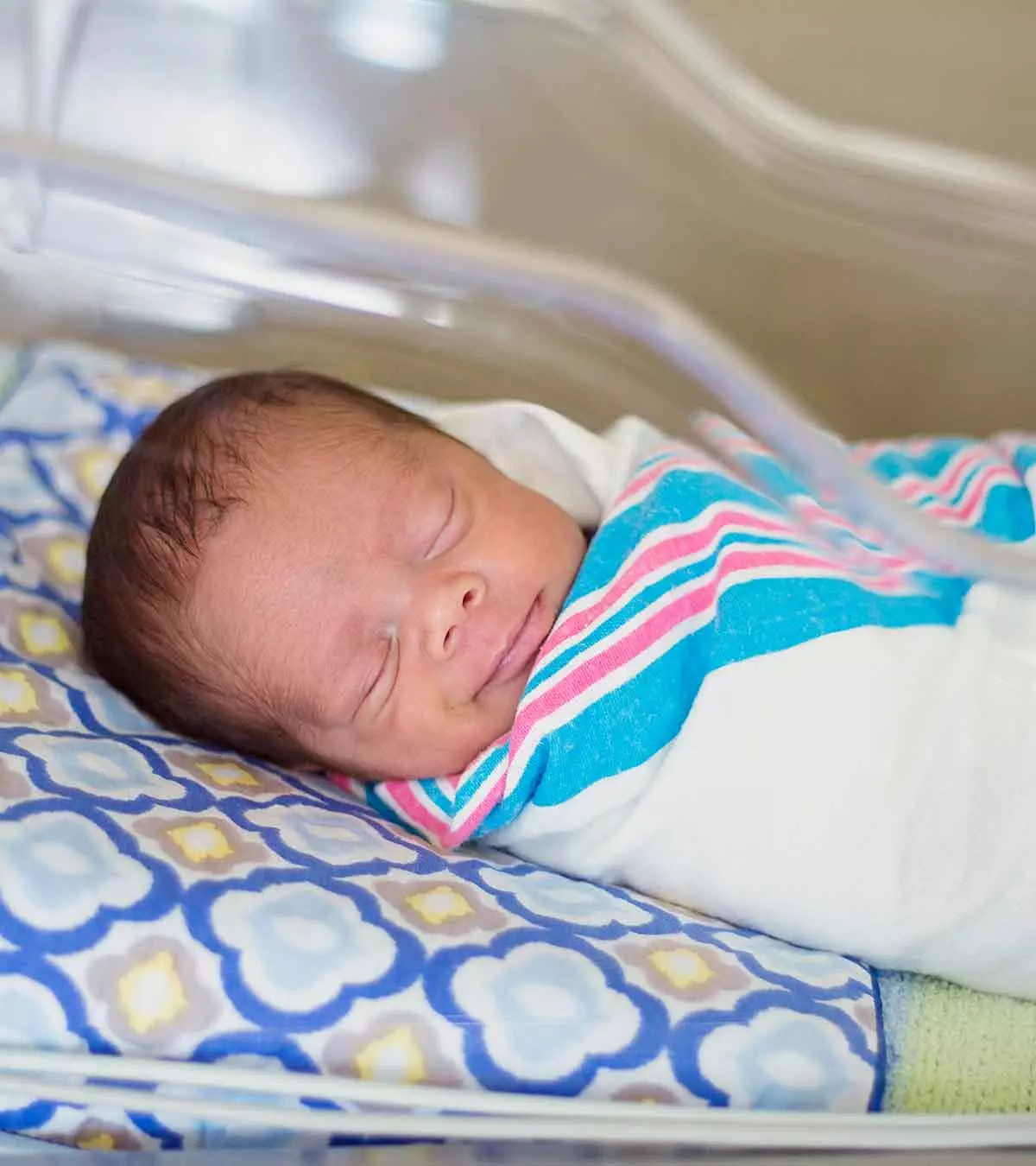

Image: iStock
Sometimes celebrating a pregnancy news could just turn out to be too early. Chilean journalist Paola Dragnic has a touching story to tell on this. Her essay in Spanish about her pregnancy condition that could have defied the Chilean anti-abortion law has traveled around the world.

Chile is among the six countries in the world that forbid abortion under any circumstance. Abortion was made illegal in 1989 under the dictatorship of Augusto Pinochet, who imposed an absolute ban. Later under the leadership of Chilean resident Michelle Bachelet, lawmakers would allow abortion in cases of rape or when the life of a mother or her fetus is at risk.
At 36, Paola wanted to have a baby. Her partner had also been asking her to conceive for many years by then, but as a workaholic reporter, she paid no heed. It was not until her mid-thirties did she feel the urge to become a mother. After two months of trying, the couple was successful. The pregnancy test brought them the good news, which they celebrated with toasting a bottle of champagne. Friends dropped in bringing presents unplanned for; some were too hilarious to be cute. For a feminist journalist, it was quite a change to welcome the tacky minutiae of motherhood. She was doing well at her job especially in a scenario of post-dictatorship Chile, earning a decent salary in an over-saturated market of journalism. While pregnancy should have been something that should have made her happier than anything else, it was to become the most nightmarish experience.
Towards her third week of pregnancy, Paola was vomiting almost 30 times a day. It was the worst nausea one could know in a lifetime. The unusual times of vomiting had made her eyes go sore, and she felt numb and suffocated most of the time.
But in her heart, Paola knew there was something disastrous in her body. But with no knowledge of what it was, she had to surrender herself to the doctors who did no tests but gave a verdict that was going to make her obstetric journey violent all the way. He said that she was expressing psychological stress and that vomiting was typical in pregnancy owing to hormonal changes. She walked home with anti-vomit pills that were of no use.
It was soon to be followed by some heavy bleeding. After waiting for two days, she drove back to the doctor. This time for sure, she thought she was showing symptoms of a miscarriage. The ultrasound test showed that there was a placenta detachment, and no anomalies were to be feared. She was put on hormone shots to conserve her pregnancy and was prescribed bed rest for a month with her legs elevated.
In her 14th week, Paola asked her doctor to run a nuchal translucency screening test on her which measures the amount of fluid at the back of the neck of the fetus to assess any possible problems. She was aware of the test as a health reporter, although it was more commonly practiced in developed countries unlike in Chile.
It unnerved her doctor that she might be planning to abort her pregnancy if something was wrong. He held the ultrasound over her belly and stared at her like he was outraged, “How do you know about that, huh?… You’re not planning to abort if there’s something wrong, are you?” That was quite a brutally harsh reaction which made her feel the pregnancy ‘belonged’ not to her but doctors.
By this time Paola had also gained more than 65 pounds and then there was this enormous liquid retention enough to kill her. Terrified, she called her brother, a pediatrician, to find an expert in fetal medicine. He referred a new doctor who got the best 4D ultrasound machine. It turned out that the nuchal translucency was not two millimeteres, but a shocking nine millimeters. The doctor kept measuring Paola’s belly for almost 20 minutes. He said that while nuchal translucency is caused by Down Syndrome, in her case the fetus had a nasal bone ruling the syndrome out. However, he hinted at a malformation of the heart that could be fixed while in the uterus or once the baby was born.
On Paola’s request, a genetic test was also performed. They chose to do a chorionic villi test whereby the belly is punctured to extract placental material to analyze the genetic composition. Paola, through her earlier research, had suspected a case of triploidy. Her fetus had three sets of chromosomes instead of two and that her hormonal levels had spiked up starkly. It was as if she had hormones for ten pregnancies. She had been feeling just that, but none of the doctors had identified the situation or acknowledged the symptoms. The placenta had nearly metastasized the tumors to grape-size. The doctor confirmed just that two days later from the test. He said, “It’s serious, we have to take it out, but we can’t do it in Chile. Do you have enough money to travel?”
Paola and her partner Marcelo had no choice but to leave the country to abort the pregnancy even if that meant they were broke. The doctor called up Tampa in Florida at once to take up Paola’s case. Friends and family came forward in assisting them financially to travel. The US embassy in Chile helped the couple a lot. Paola went through all the paperwork like a “walking coffin for a half-dead unborn child who was killing” her. She was merely “dragging herself from one place to another” and vomiting.
In the meanwhile, Paola would have to undergo an ultrasound to check for the invasive tumors in the fetus at the clinic in Chile.
But she had to figure out an abortion to save her life and the uterus. A medically needed abortion would not turn a mother-to-be into a criminal after all. It never became apparent what the doctors were waiting for – to allow the fetus to die on its own so they could stay out of legal trouble, or to let Paola risk her life to have an indisputable reason to save her. The Chilean Government was torturing her. Bigger fear was that of a hysterectomy that would mean losing the uterus altogether.
On the other hand, there were a good number of well-wishers who were taking Paola’s side. Her mother-in-law, a very religious anti-abortionist, and the most conservative right wing of Chile also felt the absolute need for the country to pass the bill to allow abortion when a mother’s life was at risk. However, the feminist NGOs wouldn’t dare to take stance against the government, and that sent Paola into a shock.
Then the time came for her to be taken to the emergency room of a clinic where the Ethics Committee had authorized the doctor to do anything to save her. With no warning, the nurse put a pill inside her vagina. In 20 minutes, she felt the contractions brutal enough to leave her breathless and her heart pounding. The waters broke with acute pain all over the body. She couldn’t guess if they were letting her birth most naturally just four and a half months into pregnancy, or if they were trying to stage a miscarriage! She screamed and swore in protest, demanding a general anesthesia. They acceded to this one – at one of Chile’s best private clinics.
In moments, everything fell apart. There were lights of an operation theater and a mask over her face. When she woke up, she felt a nurse caressing her and the doctor whispering, “It’s all over, stay calm.”
Her greatest fear was, “Do I still have a uterus?”
She did.
With two thick tears rolling over her cheeks, she closed her eyes and sighed like never before – it was all over.
A year later, once the blood tests and ultrasound confirmed she was normal, that worn out but strong uterus was put back into use. Nine months later she gave birth to little Sofia, a 6 pound 34 ounces baby at birth. She is seven now and perfectly knows that her mother was pregnant earlier and why all those interviews with her mother keep happening. Paola surely doesn’t want to be victimized at the hands of a ‘deaf government that make us suffer in the name of false morality”.
Two years later, Paola got pregnant again. This time, she was blessed with a son, Simón Nicolás.
If it were not for that abortion, Paola wouldn’t have been a mother today. Her strong will to be a mother defied the law. While they celebrated their first pregnancy news in haste, it carried on for good.
Community Experiences
Join the conversation and become a part of our nurturing community! Share your stories, experiences, and insights to connect with fellow parents.












